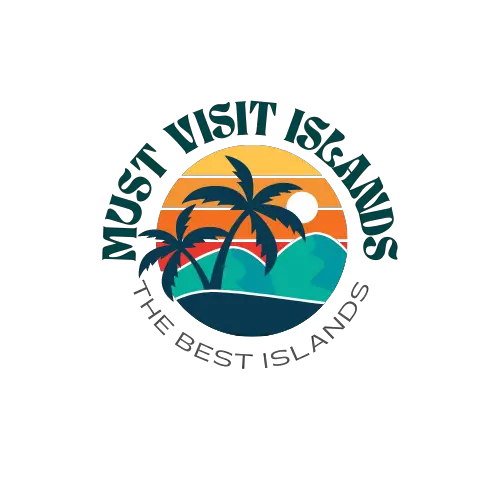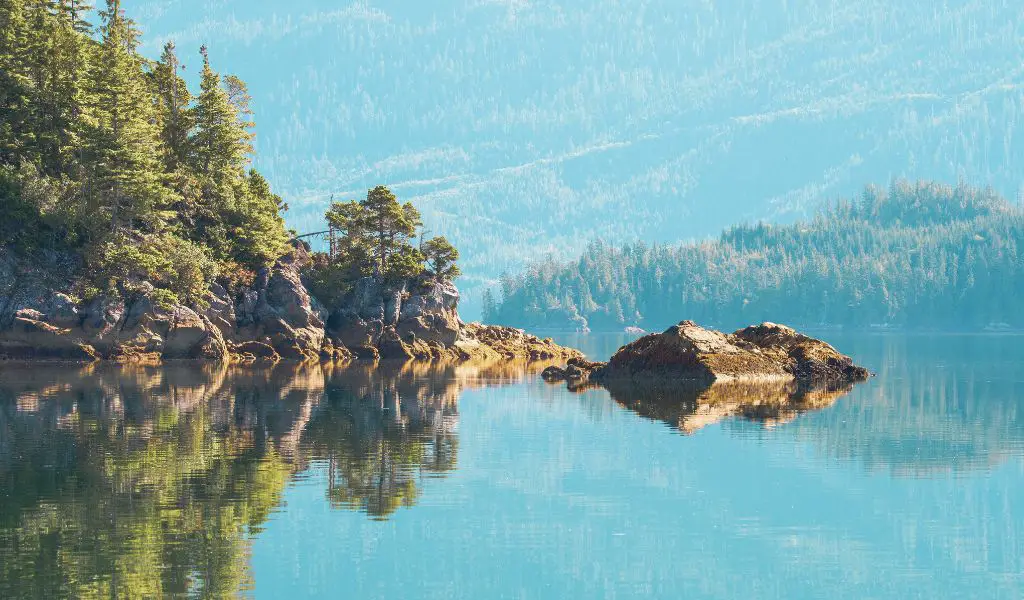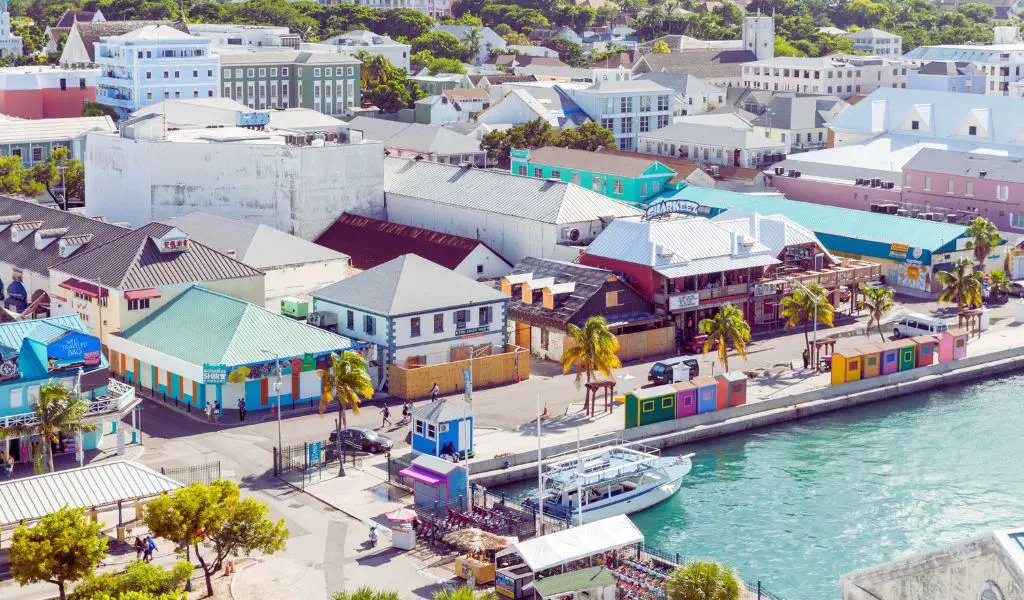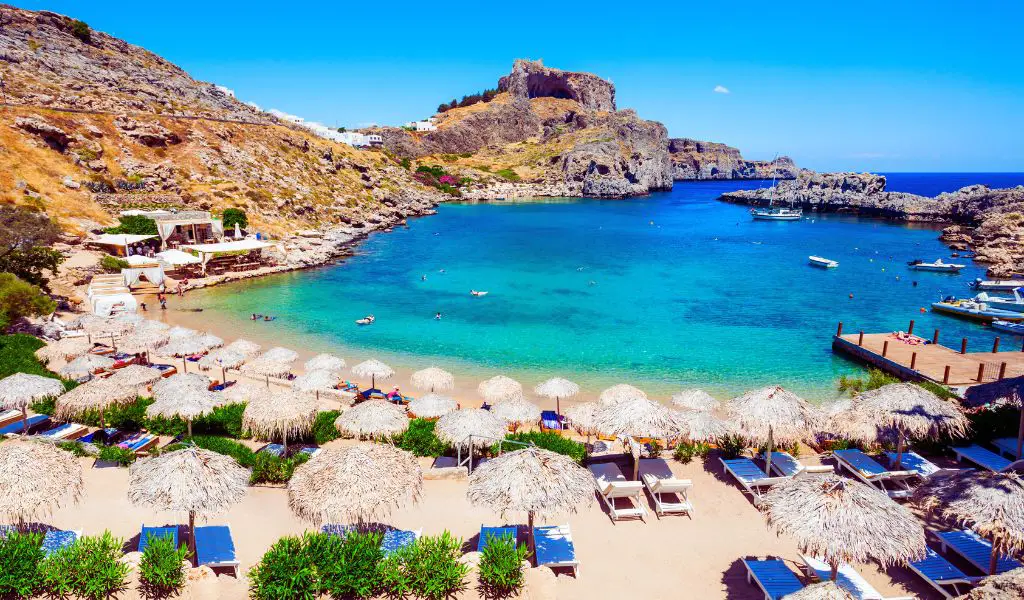Vancouver Island, named after the British naval captain George Vancouver, is a gem situated in the northeastern Pacific Ocean. This pristine island, part of the Canadian province of British Columbia, spans an impressive area of around 31,285 square kilometers, making it the largest island on the Pacific coast of North America.
Geography
The island is celebrated for its stunning landscapes.
It is home to a diverse range of geographical features, from breathtaking coastal regions to majestic mountain ranges.
One such noteworthy formation is the Vancouver Island Ranges, a series of mountains that make up a significant portion of the island.
These ranges are a part of the Insular Mountains, which also include several smaller islands.
Within these mountains, visitors can find Strathcona Provincial Park, the oldest provincial park in British Columbia. This park houses Della Falls, the highest waterfall in Canada.
Vancouver Island’s unique and vibrant ecosystem is a testament to its geographical diversity.
Its various terrains provide the perfect habitats for an array of wildlife, such as black bears, cougars, and the Roosevelt elk, the largest species of elk in North America.
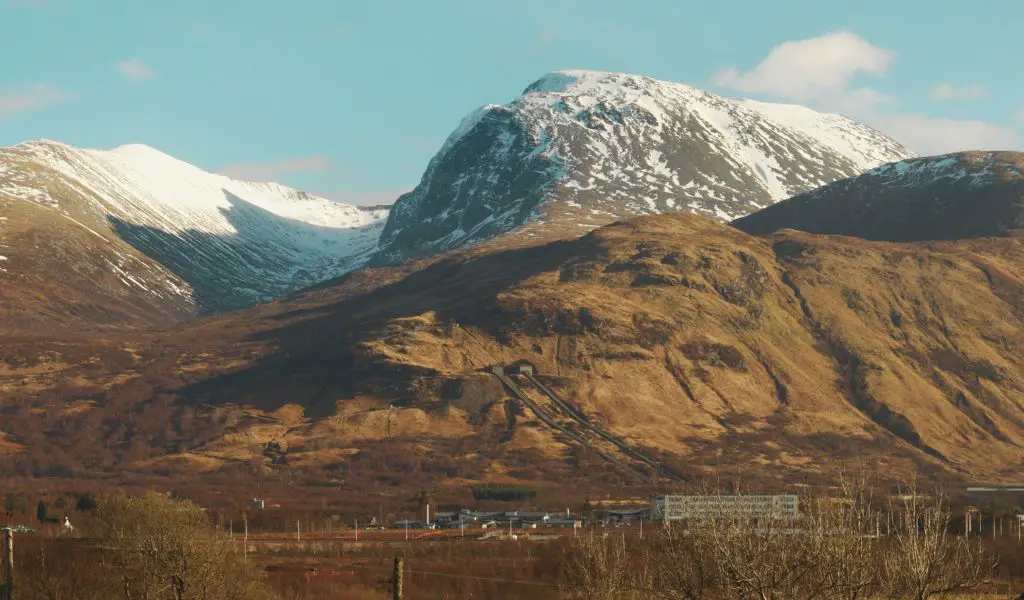
History
As for the history, Vancouver Island holds a rich tapestry of stories.
It has been home to various indigenous communities for thousands of years, including the Kwakwaka’wakw, Nuu-chah-nulth, and Coast Salish peoples.
Their cultural heritage significantly contributes to the island’s distinct identity. European exploration began in the late 18th century, with James Cook’s arrival marking a new era for the island.
It was in 1843 when Fort Victoria was established by the Hudson’s Bay Company, a milestone event leading to the creation of the modern city of Victoria, Vancouver Island’s largest city, and the capital of British Columbia.
Activities
Outdoor activities on Vancouver Island cater to every kind of adventurer.
From hiking and mountain biking on its numerous trails to surfing and kayaking in its coastal waters, the island has something to offer for everyone.
For those with a love for wildlife, there are opportunities for whale watching and birding.
Population
Vancouver Island has a diverse and welcoming population, with most of the inhabitants living in the southern part of the island.
As of the last census, the population is estimated to be over 870,000.
When to Go
The best time to visit Vancouver Island depends on your preferred activities.
For outdoor pursuits like hiking and wildlife viewing, summer (June to August) provides ideal weather conditions. If you’re interested in winter sports, late December through February is your best bet.
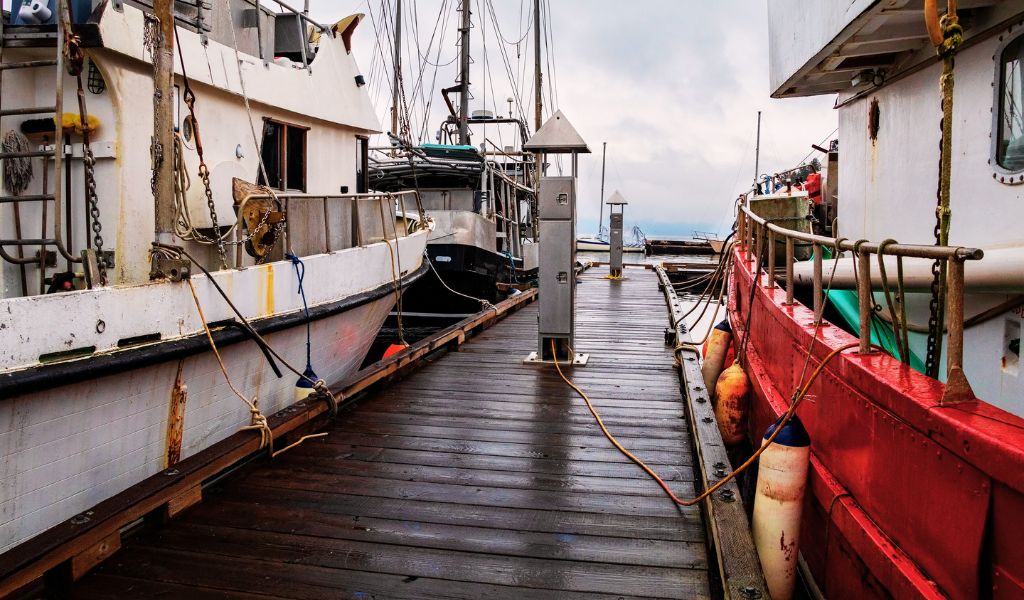
How to Get There
Reaching Vancouver Island is straightforward.
The island is accessible via air and sea. The Victoria International Airport is the primary air transport hub, with regular flights from various Canadian and international cities.
You can also opt for a ferry service from Vancouver, British Columbia or Seattle, Washington.
Highlights
Highlights of Vancouver Island include the stunning Butchart Gardens, the historic Craigdarroch Castle, the iconic Capilano Suspension Bridge, and the thriving arts district in the city of Nanaimo.
Don’t miss out on exploring the Pacific Rim National Park Reserve and Tofino’s famous beaches.
What You Should Know
When planning your trip, keep in mind that while Vancouver Island is welcoming to visitors, it’s important to respect the local wildlife and ecosystems.
If you’re hiking or camping, make sure to follow local regulations to help preserve the island’s natural beauty.
FAQs
What is Vancouver Island known for?
Vancouver Island is known for its diverse landscapes, from mountains to coastlines, its rich indigenous history, and a myriad of outdoor activities.
Is Vancouver Island safe for tourists?
Yes, Vancouver Island is considered safe for tourists, but like any travel destination, it’s recommended to stay informed about local conditions and respect local guidelines and wildlife.
Can you drive around Vancouver Island?
Yes, you can drive around Vancouver Island. It has a well-maintained road network, including the Island Highway (Highway 19), which runs along the east coast of the island. Be prepared for potentially remote areas where services could be sparse.
